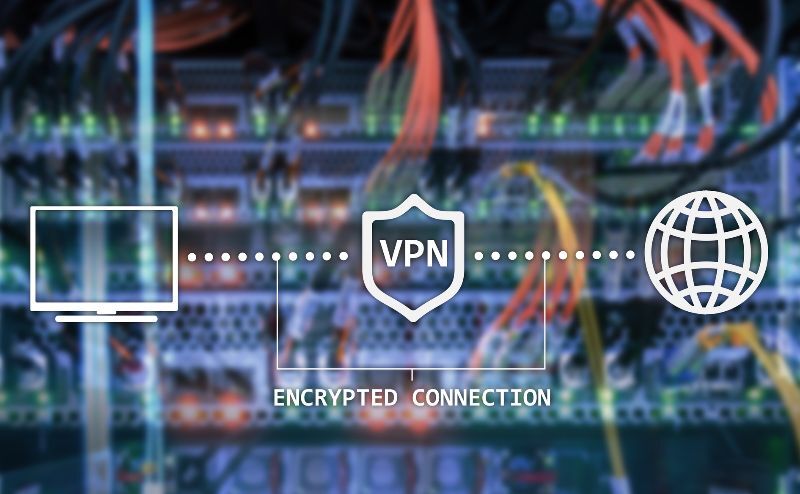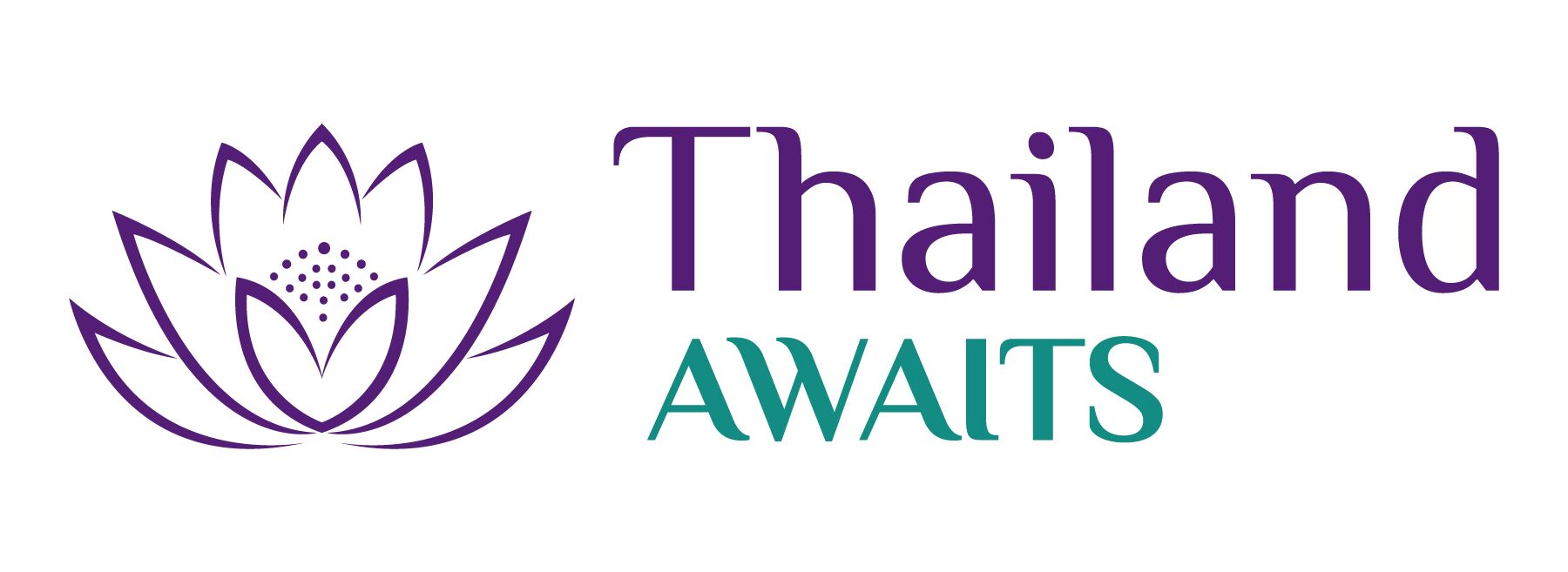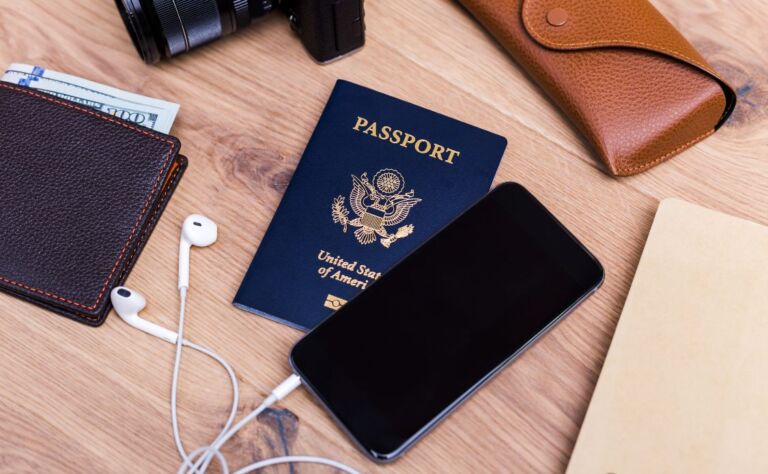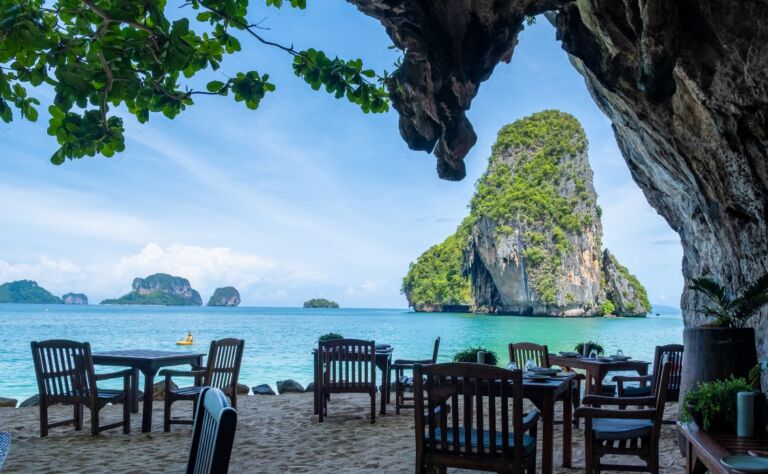Why I Think You Need a VPN in Thailand
If you are frequent or long-term traveller, you may have already used a VPN in Thailand or on your other trips. If not, you may wonder if you should consider it. There are many reasons to use a VPN to protect your online use. I have been using Nord for about four years but today I am handing over to Stephen who is much better with tech than I am to explain just why a VPN is a good idea for travellers.
This page contains affiliate links. Please see our disclosure policy for more details.
If you are a regular reader, you know that I’ve been in Thailand coming up to eight years. As a digital nomad, the internet, at times, is my best friend and my sworn enemy.
Access, privacy, and speed are the three things I want the most, and often I’m unable to have one or all of them. Thankfully, there is a solution, and it’s called a Virtual Private Network (VPN).
A VPN, in short, is a secure tunnel between your device and the internet that enables you to protect your online activities, circumvent censorship, and have unrestricted access to your favourite content.
But, with so many options available, how do you choose? Well, you may be tempted to clinch those free deals that pop up in your search results. But in this case, free might come at a cost, I’ll tell you my story shortly.
“Getting a VPN for your travels in Thailand is like buying a good-quality suitcase. Spend a little more for the peace of mind that your possessions, or in this case, your data, are secure and protected.”
Sit tight as I explain what a VPN is, why it’s needed in Thailand, the free vs paid debate and a recommendation of a product both Paula and I are fans of.
Introduction to Virtual Private Networks (VPNs)
A VPN is a secure channel or ‘tunnel’ that provides encrypted links between your device and other networks worldwide. That might sound overly complex, but all you really need to know is that a VPN helps keep your online activity private and safe, helping you maintain control over your digital footprints. It also gives you unlimited access to all content, even restricted stuff — more on that in a sec.
It works like this: your VPN provider creates a secure tunnel and routes your internet traffic through their servers, masking your Internet Protocol (IP) address in the process.

Your IP address is that unique string of numbers and decimal points that identifies your device and its location. By masking this, a VPN effectively safeguards your private data and maintains your anonymity online.
So, how can you access content that might not be available in Thailand? A VPN makes it appear like you’re browsing from somewhere else entirely. Ingenious, and one reason why I love it.
In the age of increasing online threats and privacy concerns, having that extra line of defence makes practical sense, especially when traipsing around unknown digital territories — like Thailand.
What Makes Thailand a Unique Case for VPN Use
Thailand’s distinct online landscape sets it apart from many other Southeast Asia countries. A combination of strict regulations and cyber threats make it essential for travellers to arm themselves with a reliable VPN.
Public Wi-Fi Security
Beyond censorship, the cyber threat landscape is a big issue for me. Cybercrime has steadily risen in Thailand, making every public Wi-Fi network a potential minefield.
Thailand is generous with its access to free Wi-Fi spots. While this is indispensable for travellers, it’s also a goldmine for hackers. Free Wi-Fi spots are notoriously insecure, making any data sent across them vulnerable to prying eyes.
As a digital nomad, I rely heavily on public Wi-Fi, and it’s foremost in my mind whenever I log onto one that I’m in digital danger. My computer constantly tells me I’m logging onto an unsecured or unsafe network. This is a reminder to switch on my VPN immediately.
Using a VPN, I turn these insecure networks into a safe connection, ensuring my information, from passwords to credit card details, remains encrypted and secure. With a VPN, it’s nearly impossible for cybercriminals to access it or, if they do, be unable to understand or use it.
Unlocking Geo-Restricted Content
I first used a VPN initially because the series I was watching in Australia (before I left) — Shameless — isn’t on the Netflix catalogue in Thailand. I’d left it at a crucial part of the story and needed to know what happened next. The VPN masks my current location and makes it seem like I’m accessing the site back in Australia.
Are you keen to see what shows are available on your favourite streaming platform in other countries? Switch your VPN to the USA, UK, or South America, and check out the catalogue.
NordVPN works for Netflix for USA, UK, Canada and Japan and a dozen other countries.
Funnily enough, Shameless is now available — since last year only — on the Netflix Thailand catalogue, so I can finally watch the final 2 seasons!
Why a Free VPN for thailand Might Not Cut It
If you think any VPN — including the countless free options available — will do, think again. Sure, using a free VPN can be pretty tempting as you plan your Thai adventure, and I don’t blame you for trying to save a few cents. However, the truth is that they barely compete with their premium counterparts in terms of security, speed, and reliability.
Speed
Here’s an example. When I first arrived, I was in my hotel in Phuket, trying to watch Shameless. I’d already discovered it wasn’t in the Thailand catalogue, so I found a free VPN, and, yes, it tricked my computer into thinking I was back in Australia, so I was good to go. Except it wasn’t.
Free VPNs, since they tend to have fewer servers, lead to overcrowding and, subsequently, slower connections. The buffering of the show was so bad that a 50-minute episode took 90 minutes to watch. Let me tell you, as a confirmed binge-watcher, this made my blood boil. I managed a single episode that night.
Safety
After my streaming debacle, I researched VPNs and realised that it’s not just speed that’s an issue. What I learned frightened me.
Security-wise, free VPNs are problematic. Many have unclear privacy policies, sometimes selling user data to third parties to make a profit. Essentially, using free VPNs can expose you to both annoying targeted ads and potential data breaches. That’s the complete opposite of what I want my VPN to do.
Additionally, free VPNs lack advanced features that premium VPNs offer, such as a kill switch that disconnects you from the internet if your VPN connection drops unexpectedly, ensuring your online activities remain private at all times.
So, while a free VPN might seem attractive at first, please, please, please, for your sanity and online safety, choose a more dependable, secure, and high-speed one.
Introducing NordVPN: Your Reliable Companion in Thailand
As I mentioned in the intro, NordVPN is one that Paula and I are fans of, and yes, it’s very effective in Thailand. Here’s a quick look at what makes this particular service stand out and why it’s worth the investment.
Large number of servers
For a start, NordVPN boasts an impressive network of over 6,000 servers across the globe. Many of its competitors have way less, try half, and some don’t make that information public — precisely what are they hiding?
This means you’ll have many options for creating secure connections, no matter where your Thailand travels leads you. If you’re looking to access content back home or log into whatever free Wi-Fi hotspot you can find, NordVPN’s global server coverage ensures it.
Next Generation encryption
Secondly, NordVPN takes security exceptionally seriously. The service utilises next-generation AES encryption, delivering a high level of protection for your personal data. In addition, NordVPN has a strict no-logs policy, meaning your online activities stay private and aren’t tracked by the company.
simultaneous connections
Another standout feature is NordVPN’s ability to support up to six simultaneous connections. This is a boon for families or for people like me who juggle multiple devices. In our household, we have two smartphones, a laptop and a tablet, so paying for one account but protecting all those devices is fantastic.
As for pricing, although a free VPN might be tempting, remember my concerns above. With NordVPN, you pay for a premium service that delivers on all fronts: comprehensive security, excellent privacy, global access, and enhanced user experience.
NordVPN has deals all the time, offering their service at lower prices than some of their less impressive competitors
So there you have it. A trip to Thailand isn’t complete unless you have a VPN. Watch your favourite series, stay protected and feel confident logging into free Wi-Fi spots wherever you are visiting in this beautiful country. If you’re looking for a reliable VPN, check out NordVPN.
If you want to try out Nord, you can check out their current deals here.
Ready to start planning your Thailand trip? Our Facebook community Thailand Awaits is here to help. Join fellow travellers, get your questions answered by Thailand experts, and access free planning resources.
This is not a sponsored post – the editor is a very happy long term NordVPN user.








